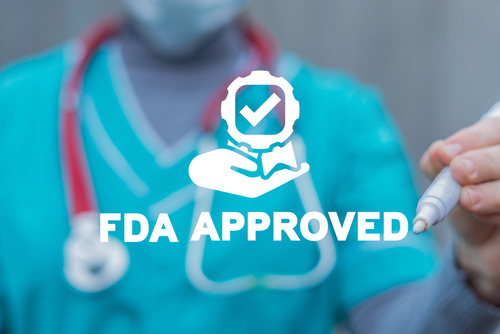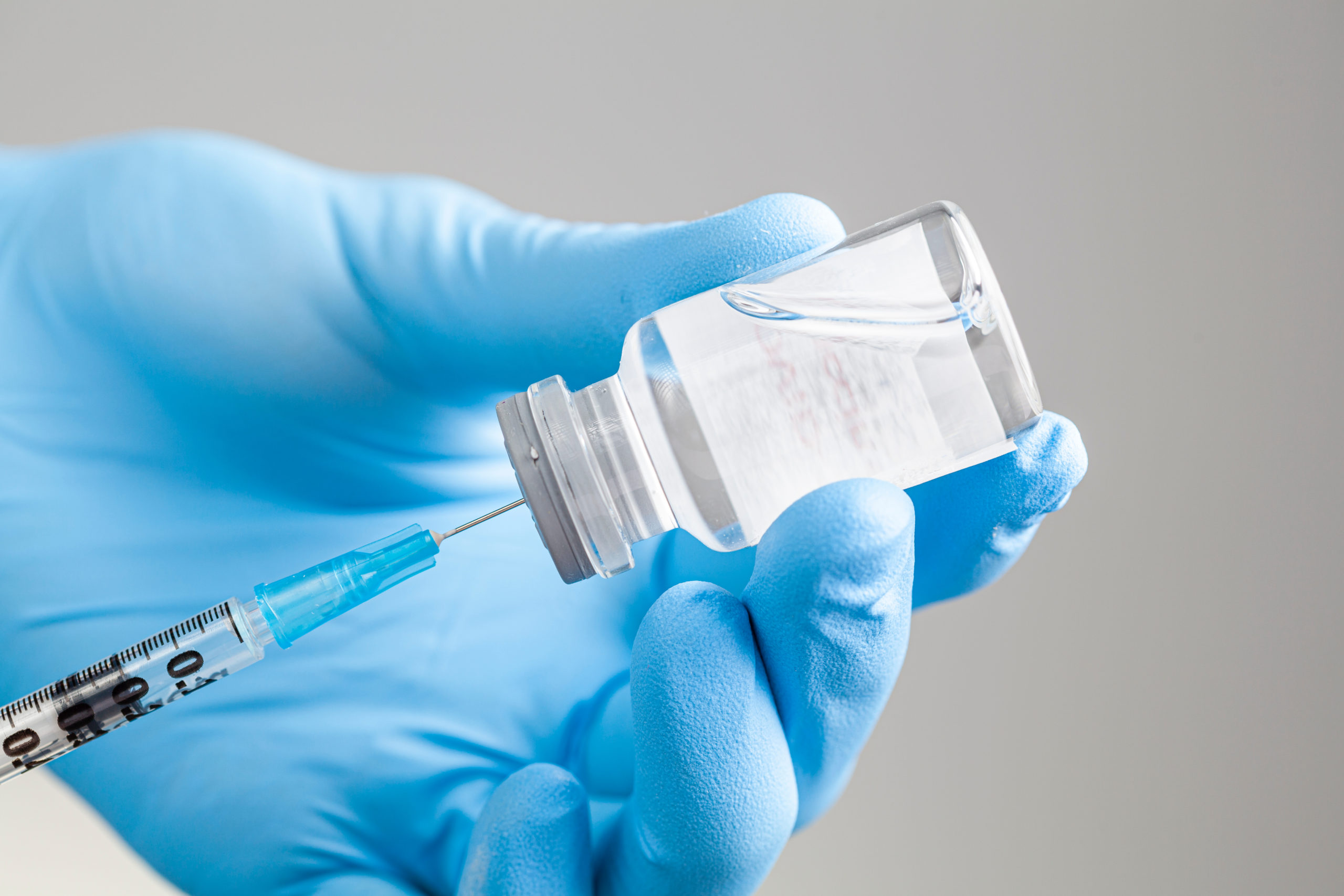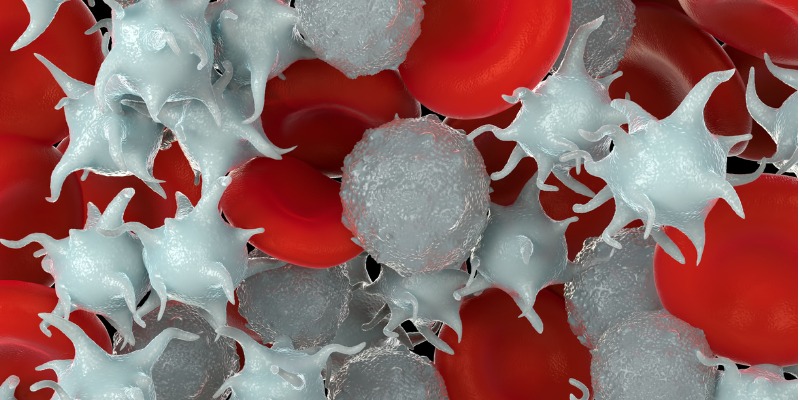
Brentuximab vedotin combined with lenalidomide and rituximab has been approved by the FDA to treat relapsed or refractory large B-cell lymphoma (LBCL) after two or more lines of systemic therapy in adults ineligible for chimeric antigen receptor (CAR) T-cell therapy or autologous hematopoietic stem cell transplantation (AHSCT). Diffuse large B-cell lymphoma (DLBCL) not otherwise specified, DLBCL developed from indolent lymphoma, and high-grade B-cell lymphoma are included within this new approval, announced by the FDA in a news release.
Seagen Inc., a subsidiary of Pfizer Inc., develops brentuximab vedotin as Adcetris.
The FDA based this new approval on data from the randomized, double-blind, placebo-controlled trial ECHELON-3. The trial included 230 adults with relapsed or refractory LBCL ineligible for AHSCT or CAR T-cell therapy. They were randomized 1:1 to receive either brentuximab vedotin plus lenalidomide and rituximab or placebo plus lenalidomide and rituximab.
Patients in the trial’s brentuximab vedotin combination arm had a median overall survival (OS) of 13.8 months, and the placebo combination arm a median OS of 8.5 months, with a hazard ratio (HR) of .63 (P =.0085). In the brentuximab vedotin combination arm the median progression-free survival was 4.2 months and in the placebo combination arm it was 2.6 months, with an HR of .53 (P<.0001). The brentuximab vedotin combination arm had an objective response rate (ORR) of 64.3% and the placebo combination arm an ORR of 41.5%.
Adverse reactions with a frequency of 20% or greater in the brentuximab vedotin combination arm were COVID-19 infection, diarrhea, fatigue, peripheral neuropathy, pneumonia, and rash. Among the patients in this arm, 27% experienced onset or worsening of peripheral neuropathy. Neuropathy occurrences were mostly sensory and led to brentuximab vedotin discontinuation in 4.5% of patients and dose reduction in 6%.
Grade 3 or 4 laboratory abnormalities which each had a frequency of 10% or greater in the brentuximab vedotin combination arm were decreased hemoglobin, decreased lymphocytes, decreased neutrophils, and decreased platelets.
According to the FDA news release, the recommended brentuximab vedotin dose is 1.2 mg/kg up to a maximum of 120 mg in combination with lenalidomide and rituximab. It is to be administered every three weeks until occurrence of disease progression or unacceptable toxicity.
Reference
FDA approves brentuximab vedotin with lenalidomide and rituximab for relapsed or refractory large B-cell lymphoma. FDA news release. FDA. February 11, 2025. Accessed February 18, 2025.







 © 2025 Mashup Media, LLC, a Formedics Property. All Rights Reserved.
© 2025 Mashup Media, LLC, a Formedics Property. All Rights Reserved.